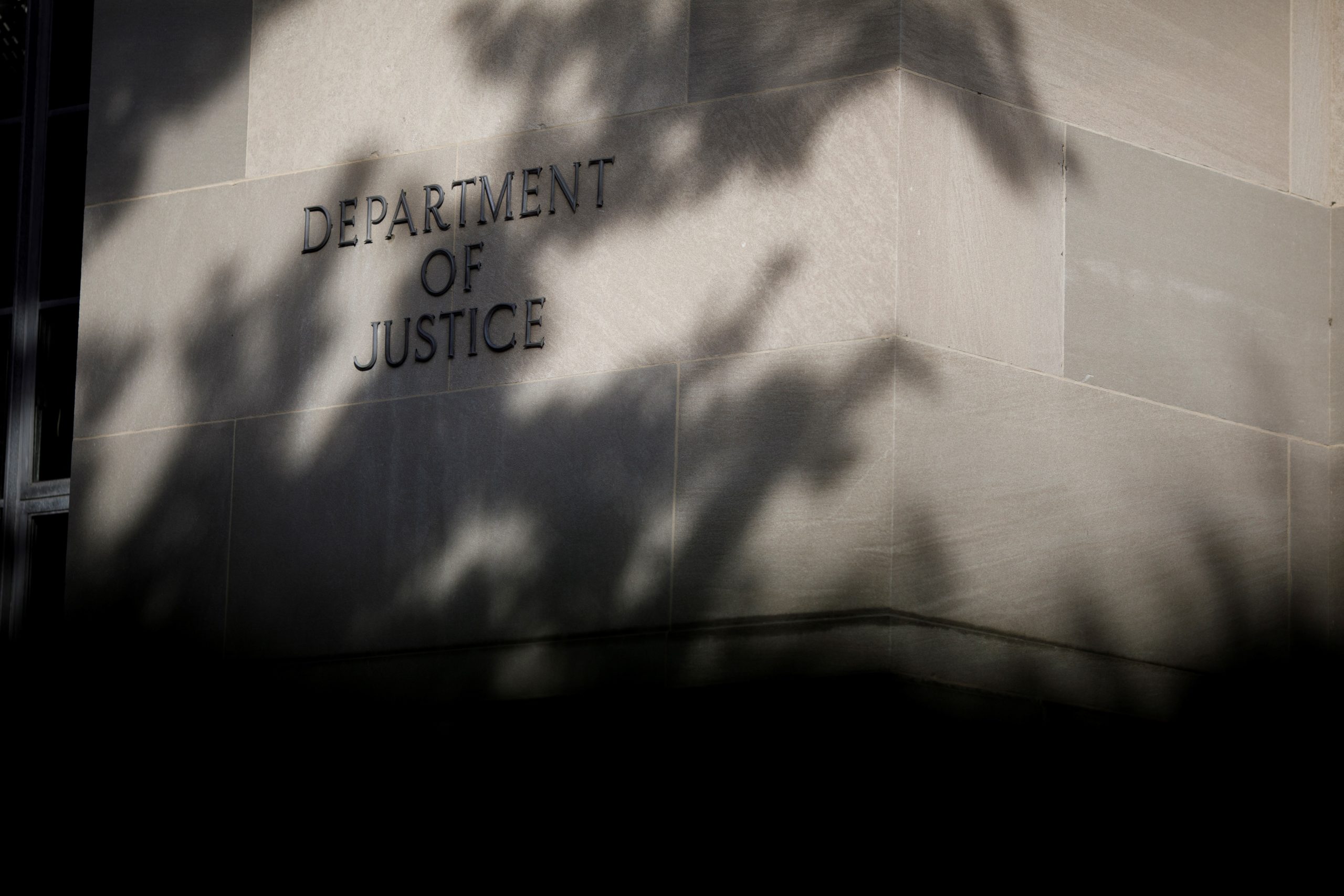Biden Must Revitalize the Bureau of Justice Statistics
In the Trump administration, criminal justice data was hidden, manipulated, and politicized. If President Biden wants to enact meaningful criminal justice reform, he must fix—and fully fund—the Bureau of Justice Statistics.

The Point
In the Trump administration, criminal justice data was hidden, manipulated, and politicized. If President Biden wants to enact meaningful criminal justice reform, he must fix—and fully fund—the Bureau of Justice Statistics.
The Bureau of Justice Statistics should be transparent, well-funded, and independent:
- Biden must ensure that collected criminal justice data is regularly made available to the public and he must establish measures that ensure the released data is both timely and accurate. The Bureau of Justice Statistics (BJS) is the best way to gather, compile, and release national criminal justice data. But, under Trump and former BJS Director Jeffrey H. Anderson, BJS data was delayed, misrepresented, and censored. The significant decrease in reports hampered efforts by advocates, researchers, and journalists to identify and understand criminal justice issues.
- The Bureau must be properly funded and staffed. The agency’s funding problems preceded the Trump administration, having dropped more than 30% since 2009 when adjusting for inflation. Sufficient funding is necessary for both data collection and published reports.
- Biden must prioritize the independence and apolitical nature of the agency. The politicization of BJS data under Trump was not a first. George W. Bush’s administration came under fire after it ordered former BJS director Lawrence Greenfield to remove references to racial disparities in a news release announcing the findings of a traffic stop study. Greenfield refused, so the news release was scrapped and the study was just posted online, essentially burying the findings.
People invested in change have to be invested in data:
- Data is critical to understanding whether reforms are working. As Peter Wood, chairperson of the Crime & Justice Research Alliance explained, “Your policies have to rest on something, and the outcome of your policies, the goals that you want to achieve have to be measurable. And if you have no data, how are you going to know whether what you’re doing is having an impact?”
- What is measured also matters. Fair and Just Prosecution, a network of reform-minded elected prosecutors, recommended the Biden-Harris Administration increase funding to BJS and fix delays in its data collection and reporting because “[w]hat gets measured is often a proxy for what we value and can also inform policy, practice, and prioritization of ongoing concerns.”
- Data drives national policy conversations. The Trump administration knew this, and BJS took heat for its flawed use of data regarding crimes committed by undocumented persons—a seeming attempt to support Trump’s anti-immigrant fearmongering. Any meaningful criminal justice reform must begin with a clear-eyed understanding of our current reality. Objective, timely, transparent data is critical to that understanding.
Dive Deeper
- Trump Turned the Justice System into a Black Box. Biden Could Fix It. The Bureau of Justice Statistics has suffered from years of poor funding and political interference by the Trump administration. Fixing it could be one of the most important tasks on Biden’s criminal justice reform agenda.
- Since You Asked: Is It Me, or Is the Government Releasing Less Data about the Criminal Justice System? Wendy Sawyer of Prison Policy Initiative describes how the Bureau of Justice Statistics reports are slowing down and its framing of criminal justice issues is becoming more punitive.
- Bureau of Justice Statistics: Data to Keep Our Communities Safe. A resource from the American Statistical Association identifying priorities for the 117th Congress and 2021-2025 Administration relating to the Bureau of Justice Statistics.

